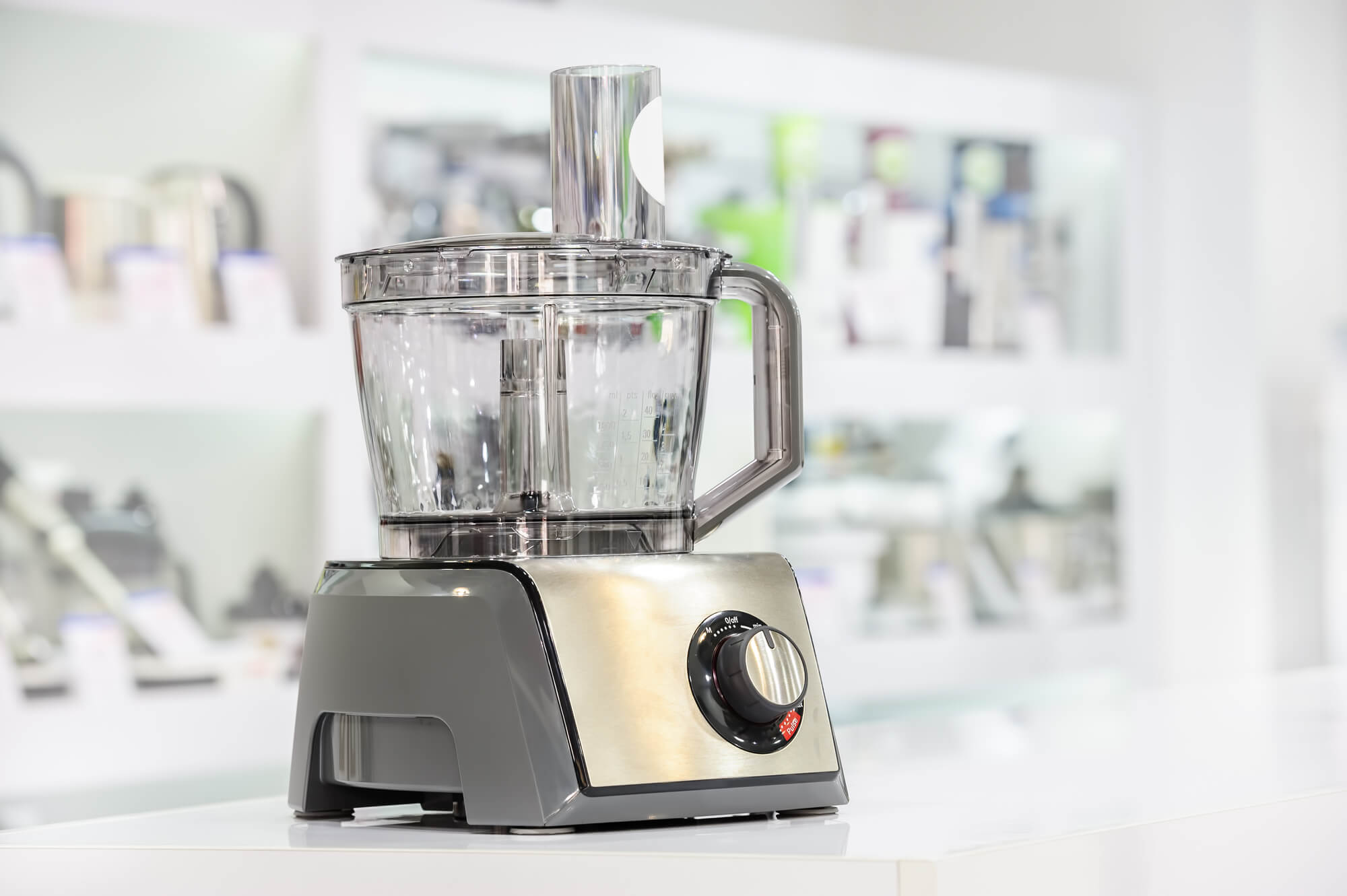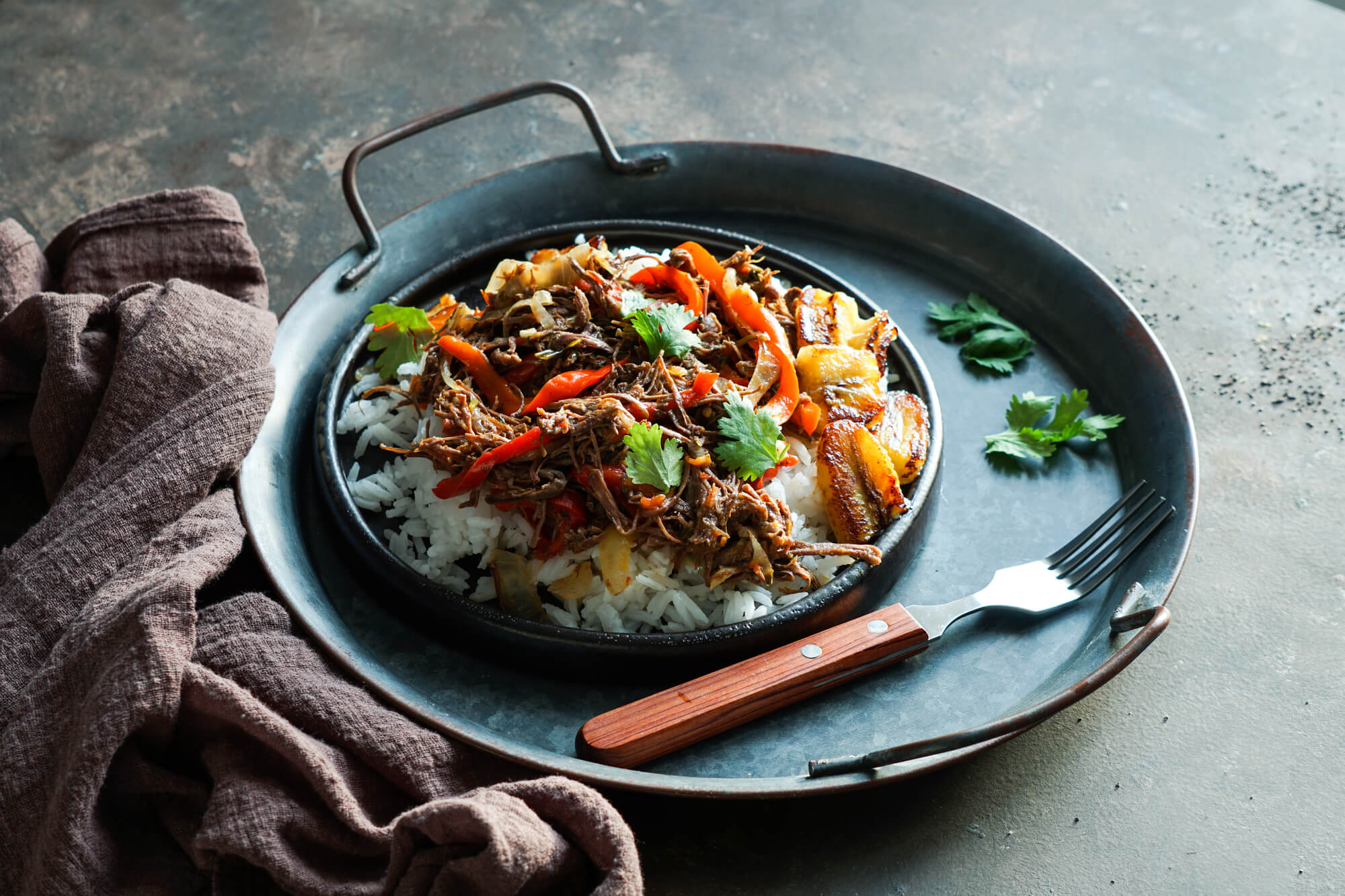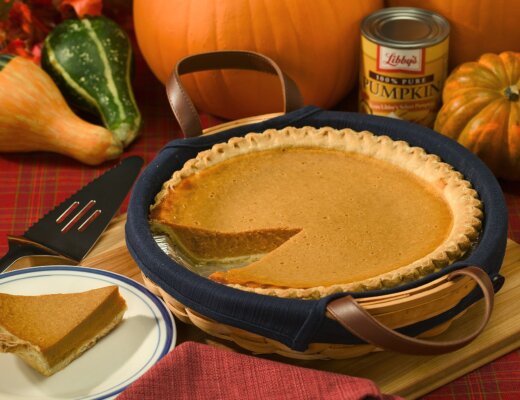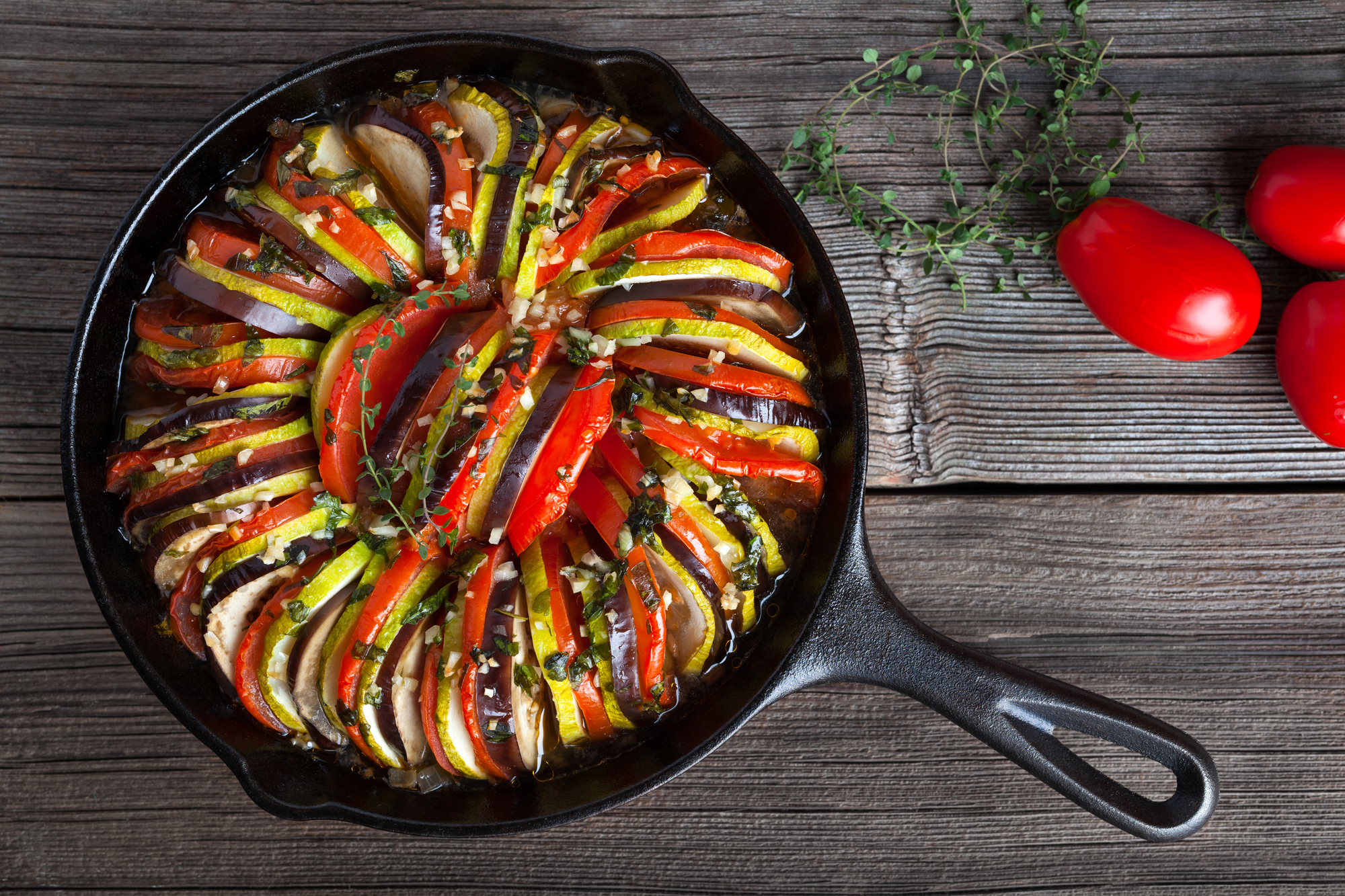A food processor is one of the most important things to have in your home kitchen because of its versatility. Having a really good quality food processor reduces the amount of skills you need with a knife, and also speeds up the process of chopping, slicing, grinding meats, shredding virtually anything, or pureeing any kind of food. Relatively new in home kitchens, the food processor is a smaller model form of the industrial blenders that were popular in French kitchens for a few decades before that.
The broad, expansive capabilities of a good food processor only increase over time. Today, you can find great processors that help beat egg whites, make cake batter, knead dough, and even juice vegetables!
How Food Processors are Constructed
Understanding how food processors are constructed will help you evaluate which one is best for your home kitchen. Typically, they consist of a few basic elements – a motor, a bowl to collect whatever is being processed, a lid for that bowl, and a feeding tube. Depending on the variety of tasks you can complete with the processor, you might also have different attachments to assist in doing things like mixing ingredients for dough.
Depending on what type of dishes you make, and how big of a processor you can really stand, you may want a larger food processor that comes with all the bells and whistles over a smaller one. These are the ones that typically come with the capability to juice and knead dough, and have higher capacity bowls (normally up to 13 cups). However, they’re also weighty and hard to move around the kitchen.
If you only need it for small jobs, a mini-processor that fits 2 to 5 cups of p;roduct should be fine. Just remember that smaller processors move around more, and thus will need to be held down more-so than some of the larger processors (many of which can weight up to 30 lbs!).
Here is a list of a few of our favorite food processors, and ones you should consider for your own kitchen! They’re sorted as a mix, anywhere from 1.5-cup processors with the simplest functions, to larger-quantity, higher functioning processors.



















